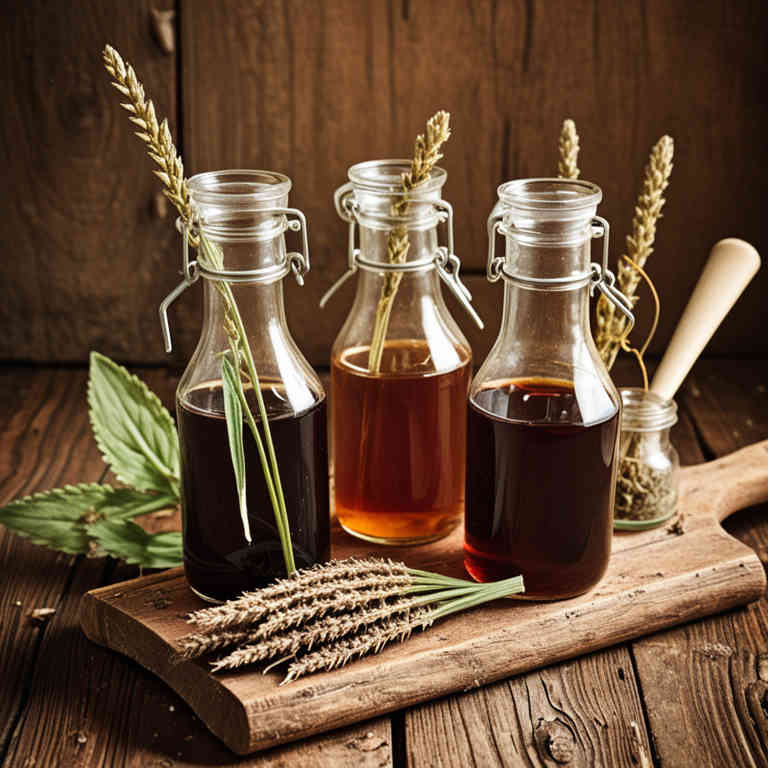10 Best Plantago Major Preparations
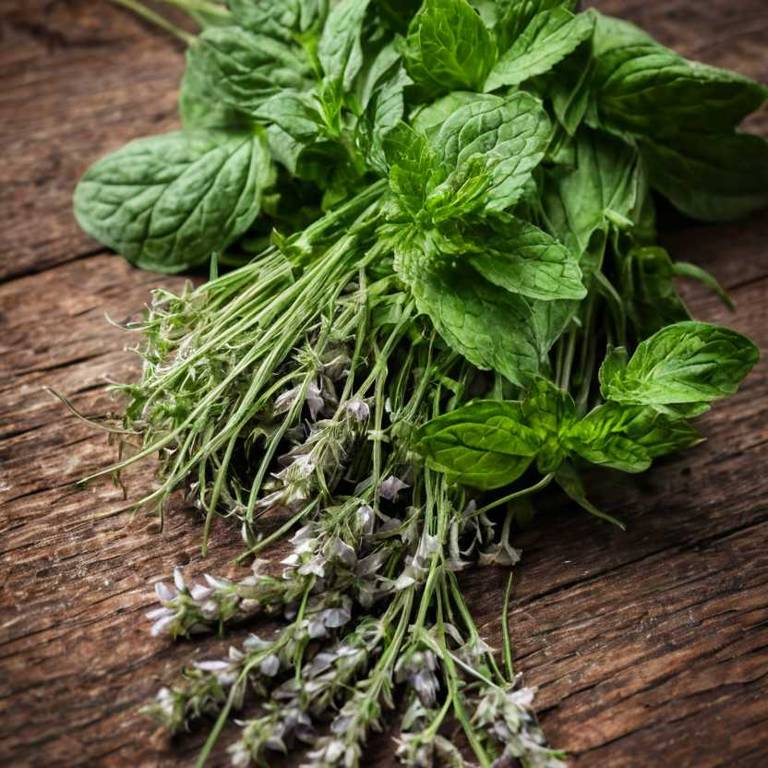
The best medicinal preparations of Plantago major are teas, decoctions, tinctures, mucillages, and creams, each offering unique therapeutic benefits.
Teas made from dried leaves are commonly used to soothe digestive issues and reduce inflammation.
Decoctions involve boiling the leaves to extract more potent compounds, often used for respiratory or skin conditions.
Tinctures provide a concentrated form of the herb, ideal for internal use or topical applications.
Mucillages, derived from the plant’s gel-like substance, are used to ease coughs and promote wound healing.
Creams infused with Plantago major are applied externally to treat skin irritations and promote healing.
Below there's a list of the 10 best herbal preparations of plantago major for medicinal purposes.
- 1. Teas
- 2. Decoctions
- 3. Tinctures
- 4. Mucillages
- 5. Creams
- 6. Capsules
- 7. Oinments
- 8. Oils
- 9. Poultices
- 10. Syrups
1. Teas
Plantago major teas is commonly used to soothe digestive issues, alleviate respiratory conditions, and promote wound healing.
This herbal preparation is often employed to treat ailments such as coughs, sore throats, inflammation, and skin irritations. The most common medicinal uses include reducing inflammation, easing gastrointestinal discomfort, and supporting the healing of minor wounds and ulcers. The bioactive constituents responsible for these effects include mucilage, flavonoids, tannins, and polysaccharides, which have anti-inflammatory, antimicrobial, and soothing properties.
These compounds work together to provide the plant's therapeutic benefits in various health conditions.
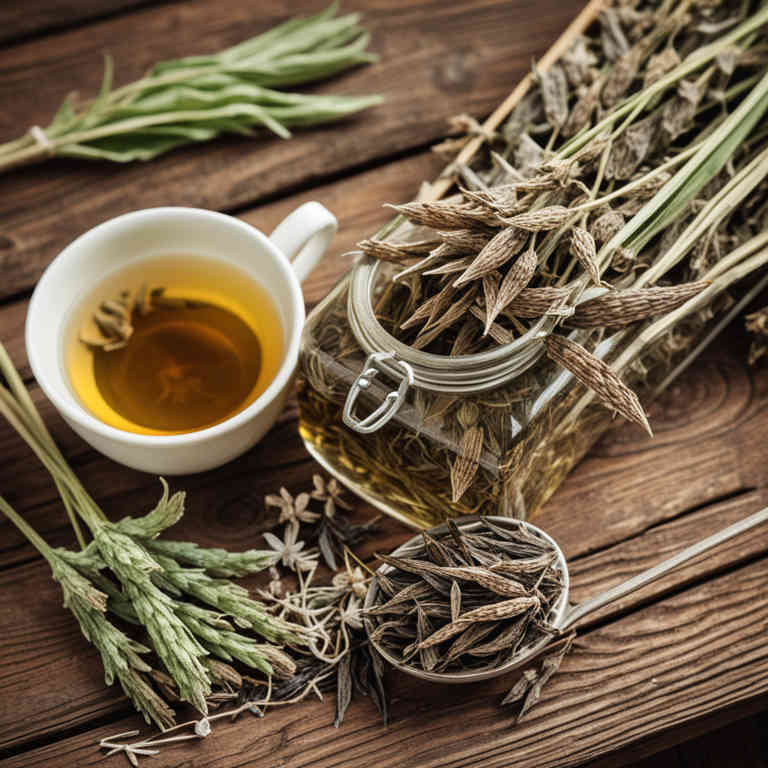
2. Decoctions
Plantago major decoctions is commonly used to treat respiratory and digestive ailments, as well as skin irritations.
This herbal preparation is often employed for conditions such as coughs, bronchitis, inflammation, and gastrointestinal disorders like indigestion and diarrhea. It is also applied topically to reduce swelling, soothe wounds, and alleviate symptoms of eczema or minor burns. The bioactive constituents responsible for its medicinal properties include mucilage, flavonoids, tannins, and polysaccharides, which have anti-inflammatory, antimicrobial, and soothing effects.
These compounds contribute to its ability to protect mucous membranes and promote healing.
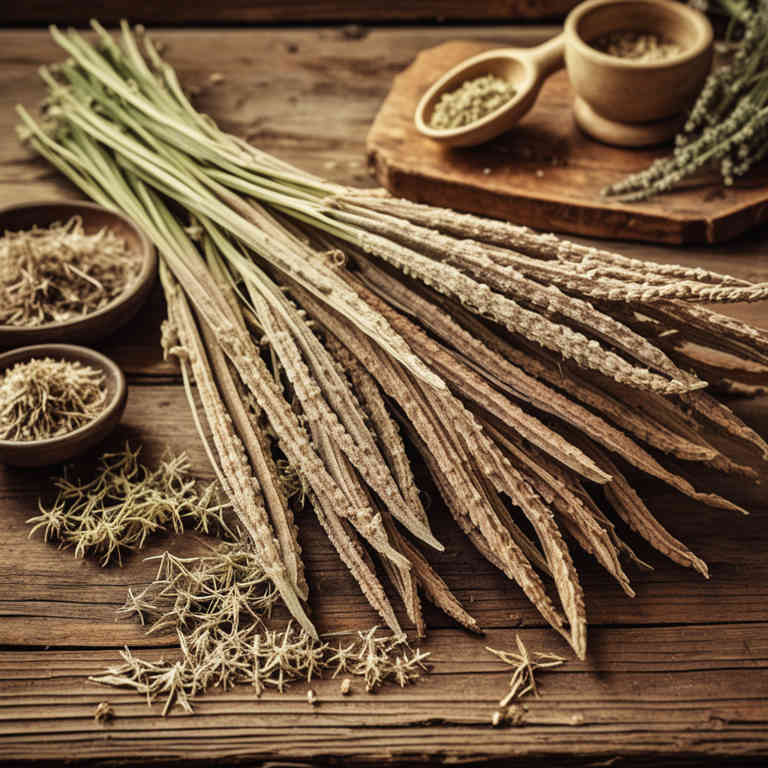
3. Tinctures
Plantago major tinctures is commonly used to treat respiratory and digestive ailments, as well as skin irritations and inflammation.
These tinctures are often employed for conditions such as coughs, bronchitis, ulcers, and eczema due to their soothing and healing properties. The bioactive constituents responsible for these effects include mucilage, flavonoids, tannins, and polysaccharides, which possess anti-inflammatory, antimicrobial, and wound-healing properties. Additionally, the presence of allantoin in the plant contributes to its ability to promote cell regeneration and tissue repair.
Overall, Plantago major tinctures are valued for their broad therapeutic applications in traditional and herbal medicine.
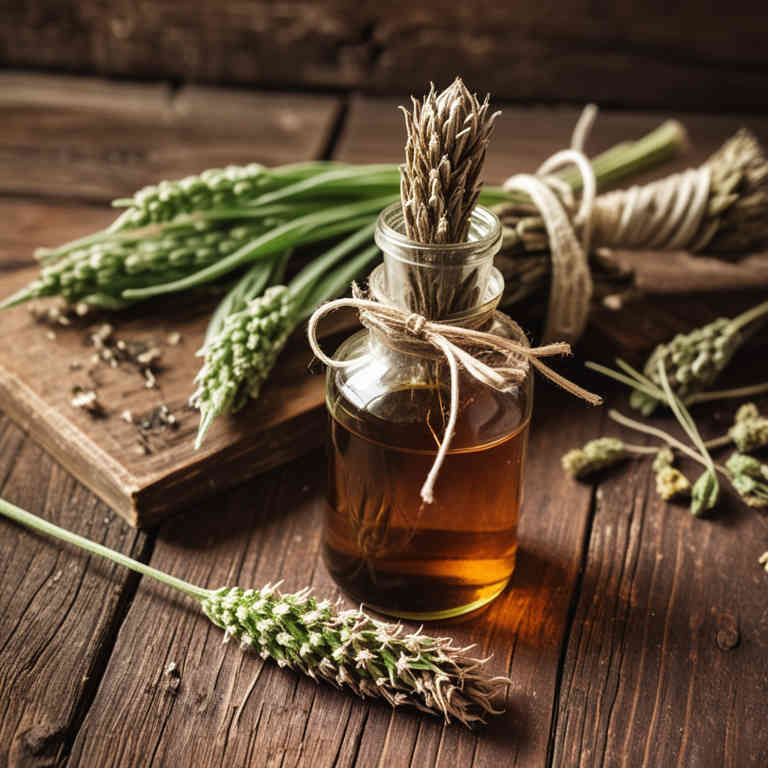
4. Mucillages
Plantago major mucillages is commonly used to soothe irritation and inflammation in the digestive and respiratory systems.
This herbal preparation is often employed to treat ailments such as gastritis, ulcers, coughs, and sore throats due to its demulcent and anti-inflammatory properties. The mucillages act as a protective coating over mucous membranes, reducing irritation and promoting healing. The bioactive constituents include mucilage polysaccharides, flavonoids, tannins, and alkaloids, which contribute to its soothing and anti-inflammatory effects.
These compounds help in reducing inflammation, protecting tissues, and supporting the body's natural healing processes.
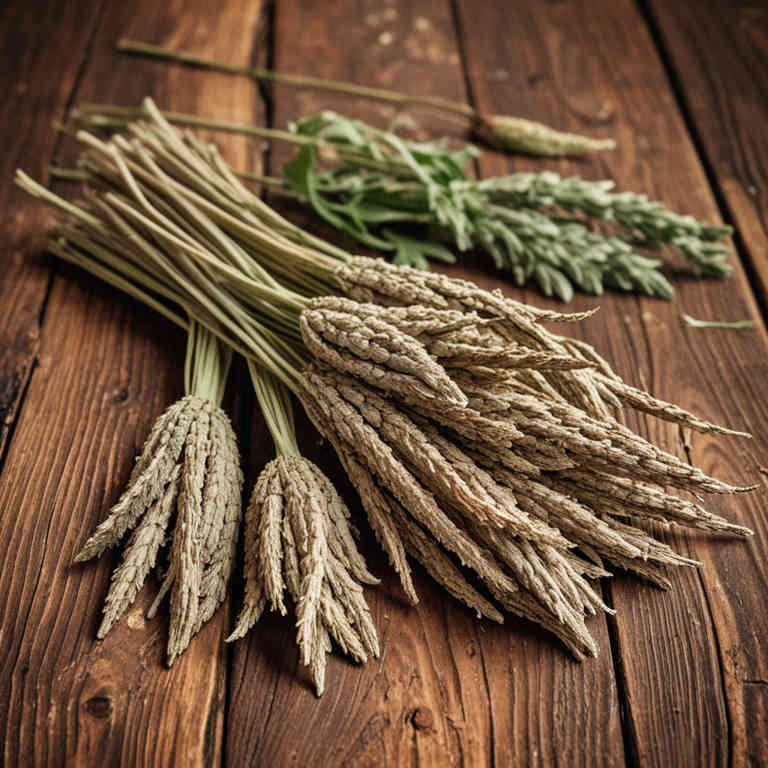
5. Creams
Plantago major creams is commonly used to treat skin irritations, wounds, and inflammation.
These creams are often applied topically to alleviate symptoms of eczema, dermatitis, and minor burns. The most common medicinal uses include soothing inflamed skin, promoting healing, and reducing redness and itching. The bioactive constituents responsible for these effects include mucilage, flavonoids, tannins, and polysaccharides, which have anti-inflammatory, antimicrobial, and wound-healing properties.
These compounds work together to support skin repair and provide relief from various dermatological conditions.
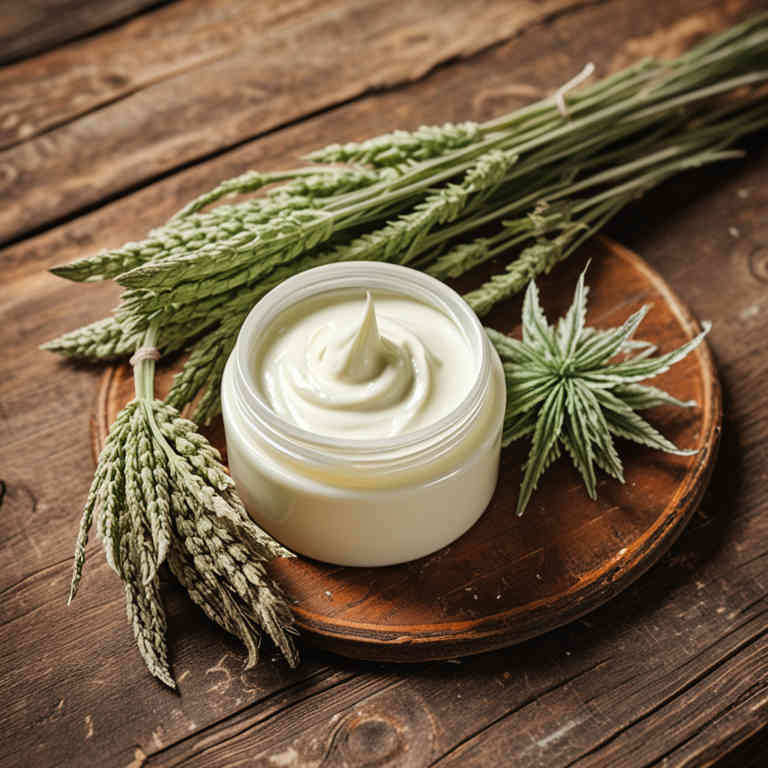
6. Capsules
Plantago major capsules is commonly used to treat digestive issues, respiratory conditions, and skin irritations.
They are often utilized for ailments such as diarrhea, coughs, and inflammation. The most common medicinal uses include soothing gastrointestinal discomfort, reducing inflammation in the respiratory tract, and promoting wound healing. The bioactive constituents responsible for these effects include mucilage, flavonoids, tannins, and polysaccharides.
These compounds help reduce inflammation, protect mucous membranes, and support the immune system.

7. Oinments
Plantago major oinments is commonly used to treat skin conditions, wounds, and inflammatory disorders.
These ointments are often applied topically to alleviate symptoms such as eczema, psoriasis, and minor burns. The most common medicinal uses include soothing irritated skin, reducing inflammation, and promoting healing. The bioactive constituents responsible for these effects include mucilage, flavonoids, tannins, and polysaccharides, which have anti-inflammatory, antimicrobial, and wound-healing properties.
These compounds work together to enhance skin regeneration and provide relief from various dermatological issues.

8. Oils
Plantago major oils is commonly used to treat skin conditions, digestive issues, and respiratory ailments.
These oils are often applied topically for wounds, eczema, and insect bites due to their soothing and healing properties. They are also ingested in small amounts to alleviate symptoms of gastritis, diarrhea, and coughs. The bioactive constituents responsible for these effects include mucilage, flavonoids, tannins, and saponins, which have anti-inflammatory, antimicrobial, and antioxidant properties.
Additionally, the presence of allantoin in the oils contributes to their ability to promote cell regeneration and tissue repair.

9. Poultices
Plantago major poultices is commonly used to treat wounds, inflammation, and skin irritations due to their soothing and healing properties.
These poultices are often applied externally to reduce swelling, promote tissue repair, and alleviate symptoms of conditions such as eczema, psoriasis, and minor burns. The most common medicinal uses include treating bruises, sprains, and infections of the skin and mucous membranes. The bioactive constituents responsible for these effects include mucilage, flavonoids, tannins, and polysaccharides, which possess anti-inflammatory, antimicrobial, and wound-healing properties.
These compounds work together to soothe inflammation, protect damaged tissues, and support the body's natural healing processes.

10. Syrups
Plantago major syrups is commonly used to treat respiratory and digestive ailments, as well as to soothe inflammation and promote wound healing.
The syrup is often employed for conditions such as coughs, bronchitis, sore throat, and gastrointestinal discomfort. It is also used topically to reduce inflammation and aid in the healing of minor skin irritations. The medicinal properties of Plantago major syrups are attributed to bioactive constituents such as mucilage, flavonoids, tannins, and polysaccharides, which have anti-inflammatory, antioxidant, and demulcent effects.
These compounds help to coat and protect mucous membranes, reduce irritation, and support the body's natural healing processes.
